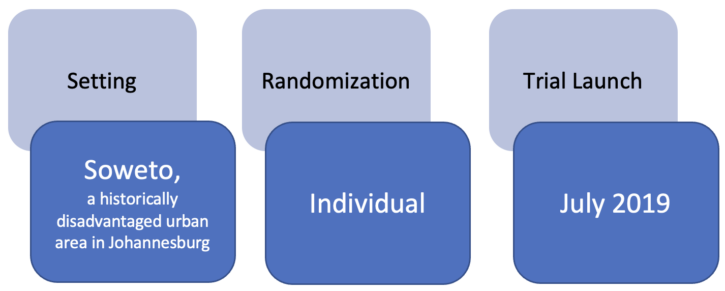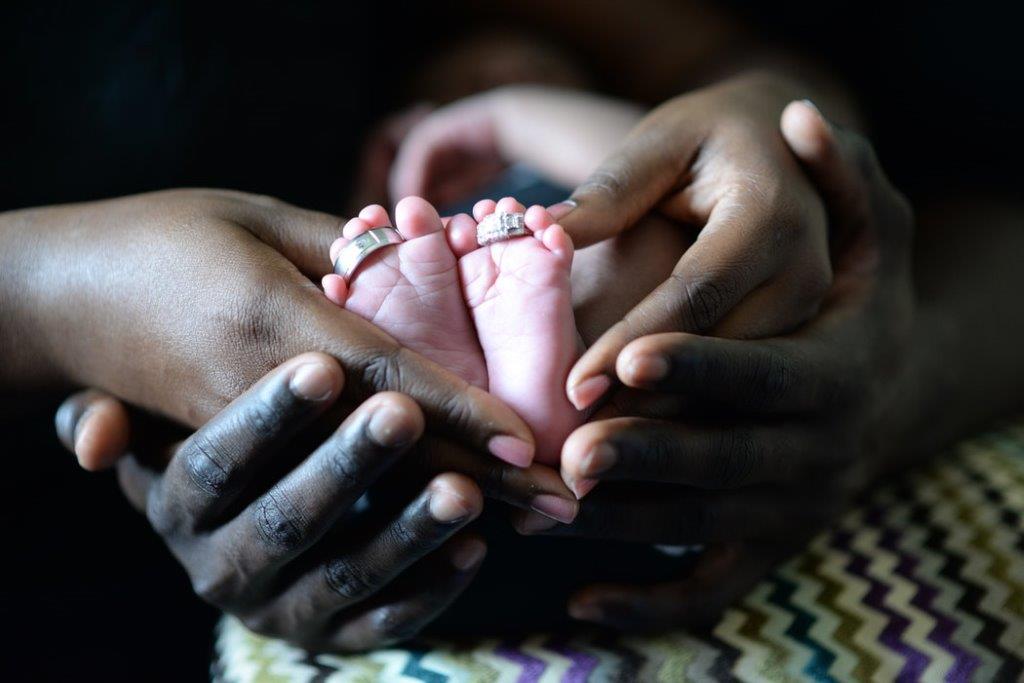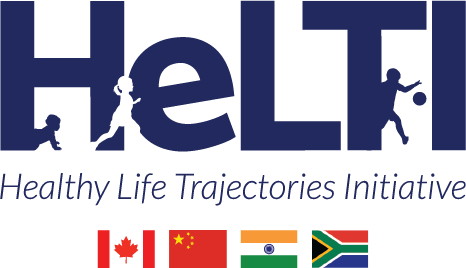BUilding Knowledge and a foundation for HeALthy lIfe trajectories: The BUKHALI Study

Principal Investigators: Shane Norris and Stephen Lye
The health, societal and economic burden of non-communicable disease (NCDs) is significant, increasing, and propagated by early life environments and later life adiposity, decreasing physical activity, increasing sedentary behaviour, poor dietary diversity, and intergenerational factors. The NCD burden falls heavily on low- and middle-income countries and this pattern is predicted to intensify dramatically in the near future. South Africa’s evolving burden of disease is complex due to: (i) persisting malnutrition (infant stunting of 20%); (ii) high prevalence of overweight and obesity (OWO) particularly among women; and (iii) rising rates of NCDs such as type 2 diabetes (T2D). Global initiatives to mitigate adversity during the first 2000 days have resulted in significant improvements in maternal and child survival. However, the longer-term impact of
interventions delivered from preconception to early childhood on child growth and social/cognitive development has been less clear. Therefore, there is a need to begin laying the foundation for healthy trajectories by optimising women’s health prior to and during pregnancy and reinforcing optimal health in the infant to offset obesity and cardiometabolic risk and improve cognitive development.
interventions delivered from preconception to early childhood on child growth and social/cognitive development has been less clear. Therefore, there is a need to begin laying the foundation for healthy trajectories by optimising women’s health prior to and during pregnancy and reinforcing optimal health in the infant to offset obesity and cardiometabolic risk and improve cognitive development.
To address this need, a multidisciplinary team of experts from South Africa and Canada has implemented a longitudinal analysis of how early-life exposures in the preconception period and during pregnancy, infancy and childhood impact life-long trajectories of health and development of children in South Africa. The study hypothesizes that an integrated intervention starting pre-conceptionally in women and at appropriate points across the lifecourse (pregnancy, infancy and childhood) will improve cardiovascular and metabolic health, reduce childhood adiposity and improve child development outcomes; ultimately reducing the risk of NCDs. The project tests the efficacy of interventions that address behavior change to improve diet and physical activity during preconception, and health during pregnancy; reduce perinatal depression, increase exclusive breastfeeding and improve parental nurturing care.
The primary outcome at age 5 years in the children is adiposity as measured by the Fat Mass Index. Other key outcomes at 5 years in the children include: OWO rate as assessed by BMI; other indicators of body composition and distribution; glucose metabolism; blood pressure; and neurodevelopment. A comprehensive series of measures to track maternal and child growth and development will be included along with the collection of biospecimens that will support studies into the science of the developmental origins of health and disease.
The team will ensure open, global access to the HeLTI datasets and engage with community and policy makers to ensure that the information generated by the study can be applied to policies and practice change within communities to enhance the life-long health and wellbeing of South African children.
HeLTI South Africa - The BUKHALI Study

- Target Enrolment Size: 7,000
- Trial Formative Research Started: April 2017
- Pilot Initiated: 2018
- Date Enrolment Started (main trial): October 2019
- Target Recruitment Completion: January 2022
- Expected Completion of Trial: 2029
- Current Enrolment (as of Nov 2021): 6,432
- Live Births (as of Oct 2021): 314 pregnancies; 55 miscarriages/terminations
- Biological Sample Collection (as of Oct 2021): 89,797 samples collected (94% completeness)
Click for more study information:


Impact of the COVID-19 Pandemic
Six months into the main trial, the COVID-19 pandemic hit South Africa through a series of waves and lockdown levels, severely impacting recruitment. Upon resuming community recruitment, COVID-19 specific questions were added to the questionnaire, support and surveillance protocols were implemented and a dedicated COVID-19 nurse was appointed.
Intervention face-to-face interactions were replaced with virtual face-to-face sessions during more severe lockdowns and micronutrient supplements were delivered to participants’ homes. To boost trial recruitment, a revised community drive was launched that included pop-up stands, community forums, taxi ranks, local newspaper advertisements and enlisting community leaders to assist with such recruitment drives.
Intervention face-to-face interactions were replaced with virtual face-to-face sessions during more severe lockdowns and micronutrient supplements were delivered to participants’ homes. To boost trial recruitment, a revised community drive was launched that included pop-up stands, community forums, taxi ranks, local newspaper advertisements and enlisting community leaders to assist with such recruitment drives.


